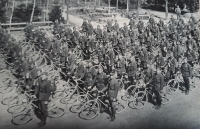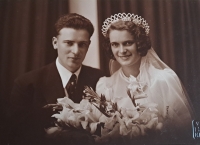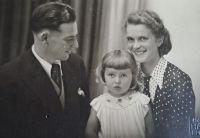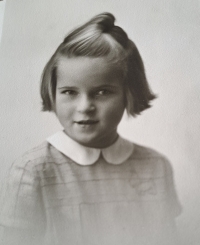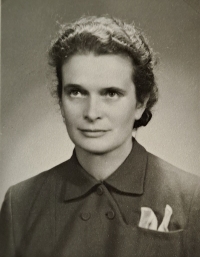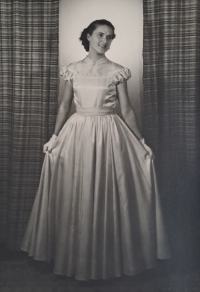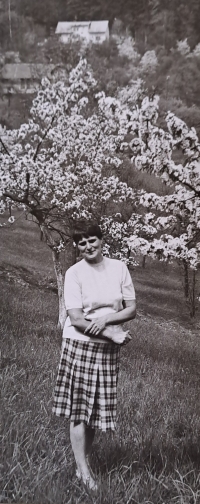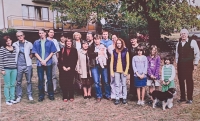She was only allowed to see her father’s silhouette on her first visit to the prison
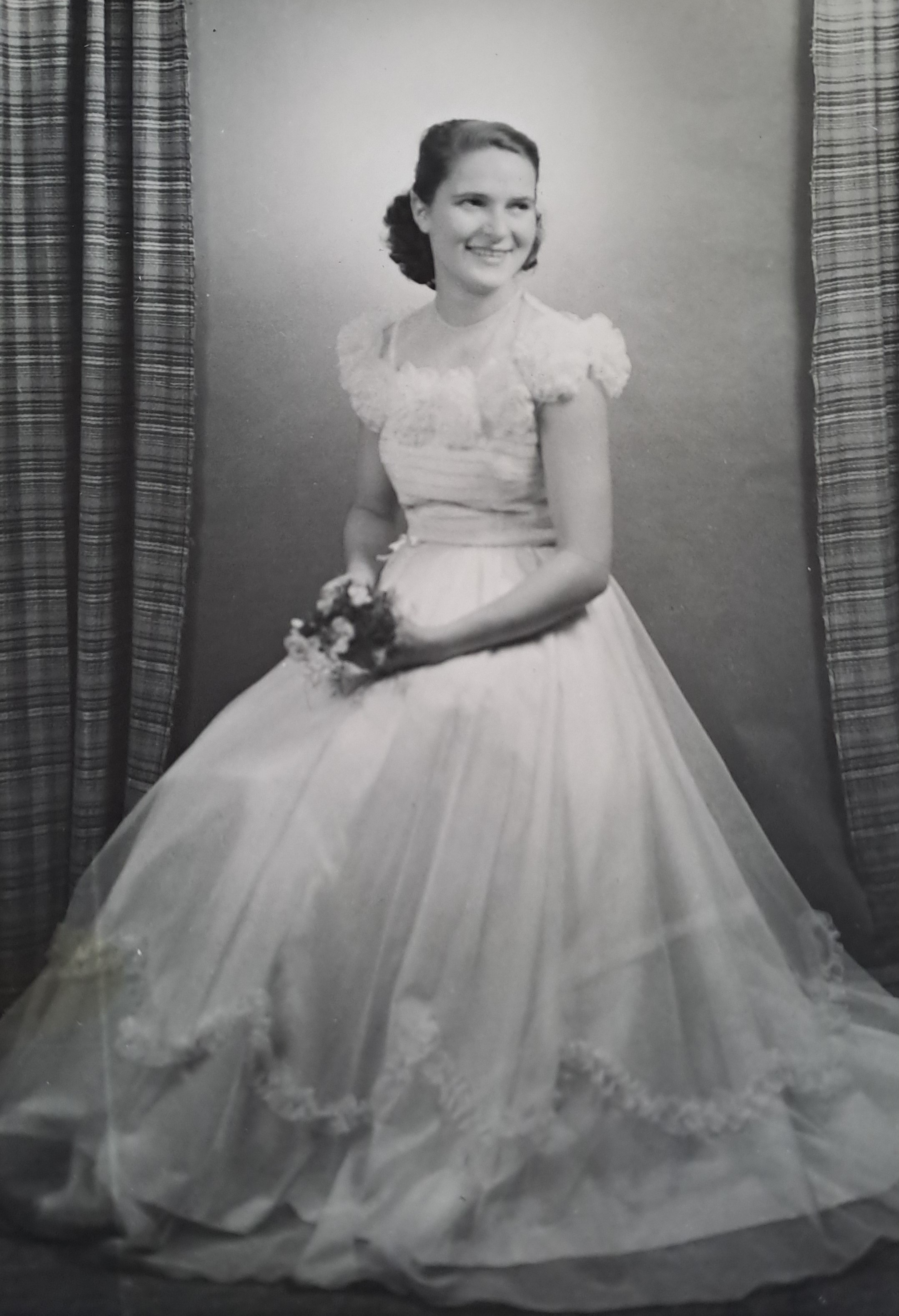
Download image
Věra Pavlovcová was born in Nová Paka on 1 October 1936. Her parents Zdeněk Šourek and Milada Šourková owned a gardening business and her mother also worked as a seamstress. They rescued a Soviet prisoner of war from a death march in February 1945. Her father with the National Defence movement plotted a revolution in Nová Paka, disarming the Germans in the town on 3 May 1945. He was arrested in 1949 and sentenced to 12 years for treason in the Maděra et al. trial. The family’s gardening business and home were confiscated. The mother suffered a nervous breakdown. The father was released in 1953 with failing health. The witness was not allowed to study, eventually training to become a measuring instruments mechanic. She eventually completed a technical high school in Jičín in 1958. She got married in 1959 and raised three children with her husband. She worked at the Research Institute of Electrotechnical Ceramics in Hradec Králové. In 2024, she chaired the Confederation of Political Prisoners in Nová Paka where she lived with her husband Josef Pavlovec.
